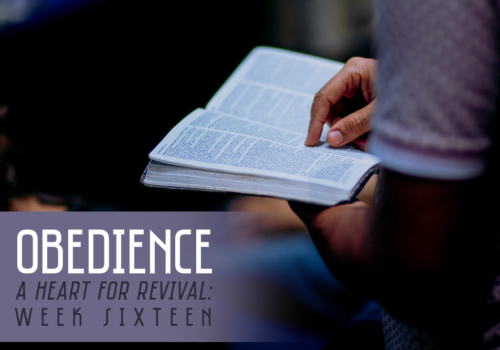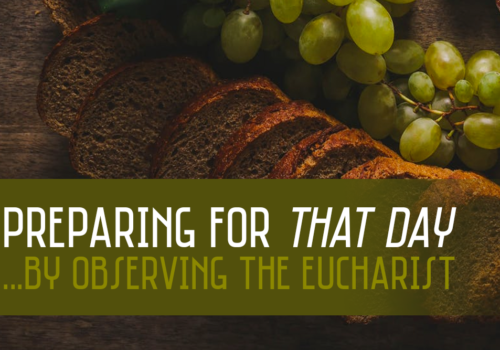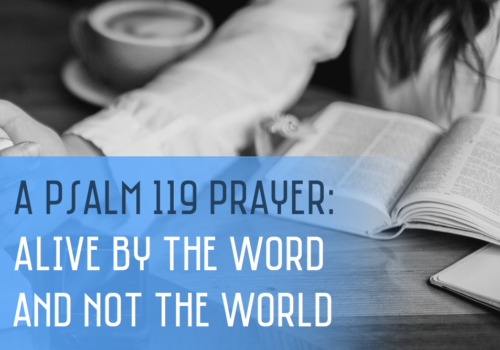For millennia it had been drilled in the minds of Hebrews.
It was rehearsed daily in homes, rolled up on parchment and worn on foreheads, recalled on Feast Days.
It was remembered, no doubt, when there was lightening in the land—for thundering and lightening accompanied its creation.
What was ‘it?’
The ‘not’ of the Decalogue.
Nine of the Ten Commandments speak of it—eight specifically: ‘Thou shalt not…’ the Lord said. The ‘not’ was so established it was even etched in stone.
Those two tablets of stone were ‘not’s’ witness—until the Cornerstone spoke.
“Teacher, which is the great commandment in the Law?” (Matthew 22:36 NASB), asked one schooled in the Law. Or, to ask it another way: “Which ‘not’ is the greatest command?”
In His answer, Jesus tied up the ‘not’ that day.
He curtailed it completely with His response.
Under the Law the focus was ‘thou shalt not,’ but under grace it is ‘thou shalt.’
“Jesus said unto him, Thou shalt love the Lord thy God with all thy heart, and with all thy soul, and with all thy mind. This is the first and great commandment. And the second is like unto it, Thou shalt love thy neighbour as thyself” (Matthew 22:37-39 KJV, emphasis mine).
His answer does not imply there are no ‘thou shalt not’s’ in grace living, for there are things that should not be done. However, the difference is in the motive. When Jesus answered the lawyer, ‘Thou shalt,’ he was saying the results of the Decalogue will be the same. You shall not steal, but why you won’t steal will be different. Rather than being instructed not to under the Law, you will not want to under grace.
Under the Law you may not steal physically, but you may be a thief, invisibly, in your heart. But under grace, where the love of God is shed abroad in our hearts, we do not steal visibly because it is not hidden to do so in our heart.
In our ‘thou shalt’ love for God and its accompanying desire to be pleasing to Him, we will tie up the prohibitive ‘not’ and release the ‘yes’ in doing only those things that please Him.
“But as God is true, our word toward you was not yea and nay. For the Son of God, Jesus Christ, who was preached among you by us, even by me and Silvanus and Timotheus, was not yea and nay, but in him was yea. For all the promises of God in him are yea, and in him Amen, unto the glory of God by us” (2 Corinthians 1:18-20 KJV).



